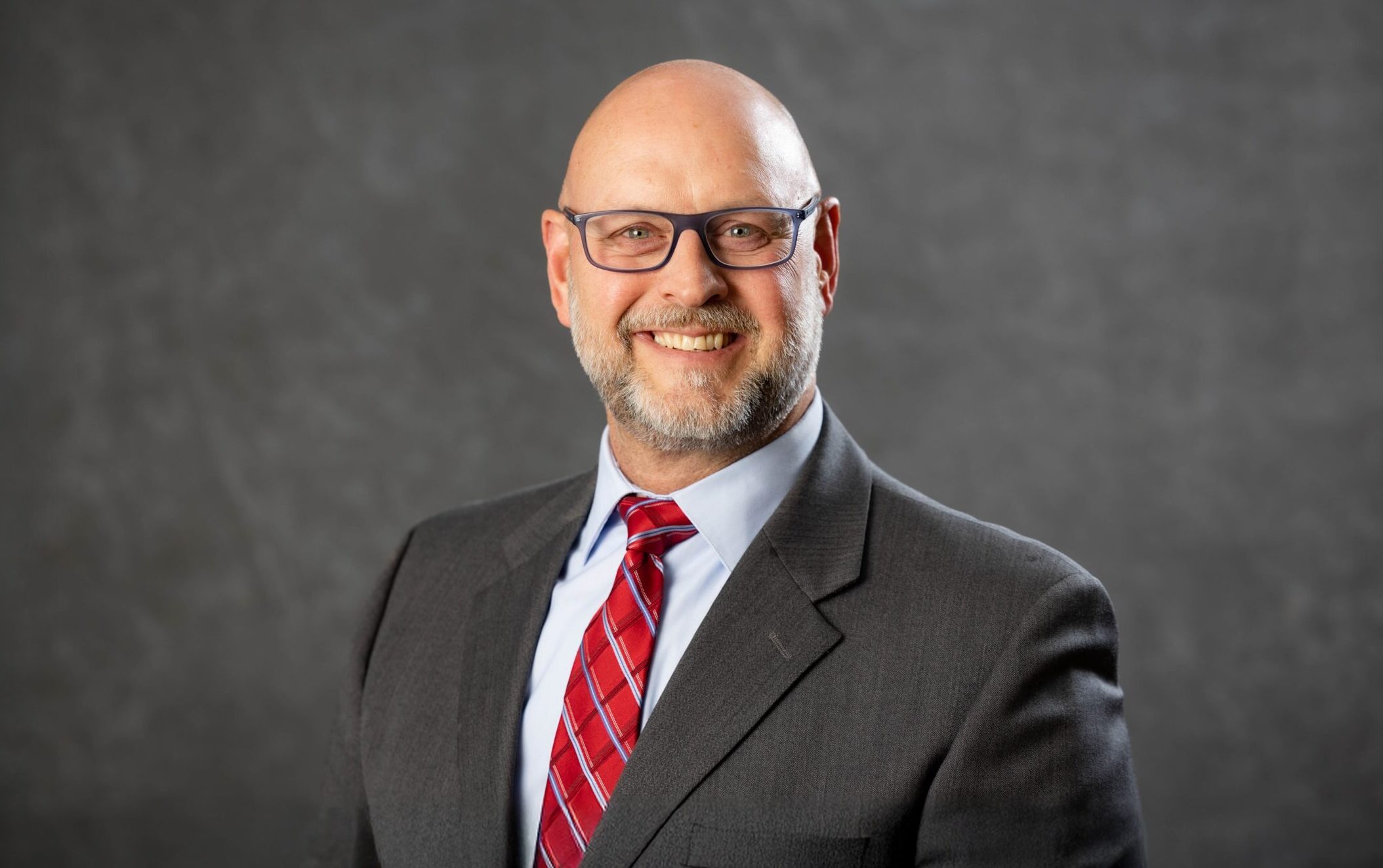By Melesha Bailey, Health & Wealth Protection Specialist
When it comes to health in the Black community, there’s a truth that we must face—Black men are dying way too soon and too young. Not because they want to. Not because they’re weak. But because, for far too long, Black men from childhood are told to be strong and show no weakness.
According to the CDC, nearly 57% of Black men over 20 have high blood pressure, a leading contributor to heart disease, and Black men are 26% more likely to die from heart disease than white men. Behind those numbers are fathers, brothers, husbands, sons, and perhaps yourself, who didn’t go to the doctor, get screened, or speak up when something felt wrong. And many didn’t know how much it would cost them and their families personally and financially.
June is Men’s Health Month, a time to start having those hard and honest conversations in the Black community, where cultural stigma, fear, and lack of access to care differ. Health isn’t just physical—it’s emotional, financial, and generational.
So, how do we protect Black men? We start by changing the narrative. Going to the doctor is not a sign of weakness—it’s an act of strength. Getting screened for high blood pressure or prostate cancer isn’t being paranoid—it’s being prepared. Talking about mental health isn’t being soft—it’s being smart.
Black Men carry so much: the weight of expectations, the scars of injustice, and the pressure to provide. But we must remind each other: you can’t pour from an empty cup.
Statistics reflect this burden. Suicide is now the third leading cause of death among Black males aged 10 to 24, according to the HHS Office of Minority Health – Mental Health. The American Psychological Association published an article that states 26.4% of Black and Hispanic men experiencing anxiety or depression receive any form of mental health care.
Black men are 75% less likely to have health insurance than white men, according to the NIH / NCBI Health Disparities Study. This lack of access leaves many men untreated, unseen, and unprotected.
- As women, as families, and as a community, we can support Black men’s health by:
- Encouraging annual check-ups, even when they “feel fine”
- Normalizing mental health conversations and therapy
- Cooking heart-healthy meals that nourish and taste like homemade
- Asking the hard questions—and listening without judgment
- Sharing resources for preventive care, financial wellness, and protection
At Love 4 Life Wellness, we believe health and wealth go hand in hand. A strong body and a strong bank account are both essential to a legacy that lasts. That’s why I teach families how to prevent chronic illness, protect their income, and build wealth through wellness and financial strategies.
Black Men: Your life matters—your health matters. Your voice can make a difference.
This June, let’s commit to honoring and protecting the men in our lives—not just with prayer and love, but with information, action, and accountability. Because Black men’s health isn’t just a men’s issue, it’s a family issue. It’s a future issue. And it’s one we must take seriously.





